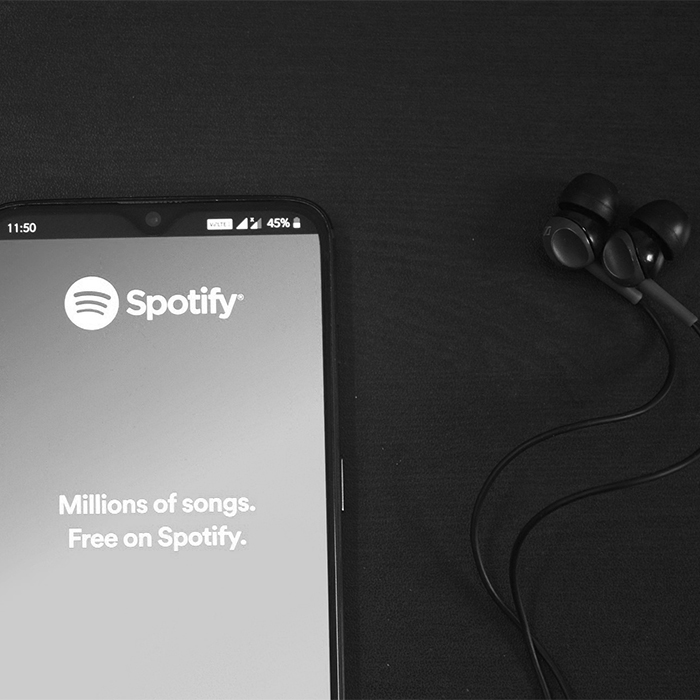Spotify has found itself in the spotlight once again, and (once again) most certainly not for the right reasons. Whether it’s lawsuits, feature rollbacks or ad campaigns: Spotify seems to be struggling when it comes to presenting itself as a company that puts musicians first. The streaming giant’s latest moves have been quite transparent when it comes to putting consumer interest and profit motives first, while leaving musicians and bands behind – the lack of fair remuneration its most prevalent issue. Those who are the foundation of their business are receiving little in return for their services – a music streaming service, who refuses to support musicians in a way that is financially sustainable and fair for them, is quite ridiculous to think about: and certainly not something musicians should have to put up with.
Back in March, news broke that Spotify, Google, Amazon and Pandora sought legal appeals against a decision by the US Copyright Royalty Board that would give musicians a 44% rise in royalties for their services on the various platforms. Apple were the only platform to accept these terms, implementing a fairer business practice which allows for musicians to be seen as partners in business, as opposed to money-making tools for big corporations. Apple isn’t perfect, of course – however, this move on behalf of the other streaming platforms showed a complete disregard for the musicians working with the companies. With already low benefits for musicians on the platforms, watching multi-million dollar companies calling for appeals against a 44% rise in royalties is definitely an injustice – along with Spotify’s newer claim back for thousands, millions of dollars worth of royalties from publishers.
On July 1st, Spotify announced that they will be rolling back a previously tested beta feature which allowed artist-direct uploads to the platform, as opposed to the previous stance which required all artists to go through third-parties in order to get their music on the platform. This feature will no longer be available from the end of July, which is unfortunate as with this move independent artists would have perhaps had a better chance of getting their work out there. You can read our previous article on the feature rollback here.
The most recent controversy to strike Spotify is their latest ad-campaign, which promotes a months free trial of their premium service entitled ‘Dance Like Nobody’s Paying’. Considering Spotify’s previous stance toward fair payment for artists on their platform, it may not be surprising that they are again throwing artists under the bus, with further exploitation in terms of lacking remuneration for those who are quite literally the foundation of their business. With revenue rates for artists already so low, many artists have spoken out against this move. Musician Blake Morgan tweeted:
“Keep in mind that it takes 380,000 streams a month on Spotify for an artist to earn minimum wage. Meanwhile, the average Spotify employee earns $14,000 a month. Nobody’s paying? We musicians are, with our lives.”
In order to make a profit, those who hold the rights to the music uploaded on the platform receive about $0.006 to $0.0084 per stream, and with such a high amount of streams needed in order to make a reasonable profit – it’s as though many of these artists are unwillingly giving their music away for free. All musicians deserve to be treated better than this, with a fair and just income being provided for their services. It is our hope that Spotify will rectify their mistakes, and begin treating those who provide the music that their music streaming platform is reliant upon with respect – and an actual, beneficial well-deserved income.




